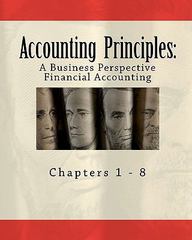Question
Consider the electricity industry in a city. To produce q units of electricity, the total cost of electricity production of one power plant is C(q)
Consider the electricity industry in a city. To produce q units of electricity, the total cost of electricity production of one power plant is
C(q) = F + 2q.
F > 0 is the fixed cost of setting up one power plant. The average cost decreases in q, so the electricity production has the feature of natural monopoly. Let the demand for electricity be
Q(P) = 64 2P.
a. Show that, to produce Q units of electricity, having two power plants always incurs a higher total cost than having one power plant.
b. Consider the case of one monopoly power plant. There is no price regulation. The power plant pursue profit maximization. Calculate the monopoly quantity, price, profit, and consumer surplus.
c. Consider the case that the city government introduces competition to the market by having two power plants. Suppose that the price will drop to the marginal cost after introducing competition. What is the equilibrium quantity with competition? How much the government needs to compensate each power plant to make it break even in the long run?
d. Compare the situation of part (c) and part (d). Suppose the city government's goal is to maximize the total surplus (total surplus=consumer surplus+profitcompensation). What is the range of F that will justify the policy of having two competing power plants in the market?
Step by Step Solution
There are 3 Steps involved in it
Step: 1

Get Instant Access to Expert-Tailored Solutions
See step-by-step solutions with expert insights and AI powered tools for academic success
Step: 2

Step: 3

Ace Your Homework with AI
Get the answers you need in no time with our AI-driven, step-by-step assistance
Get Started


